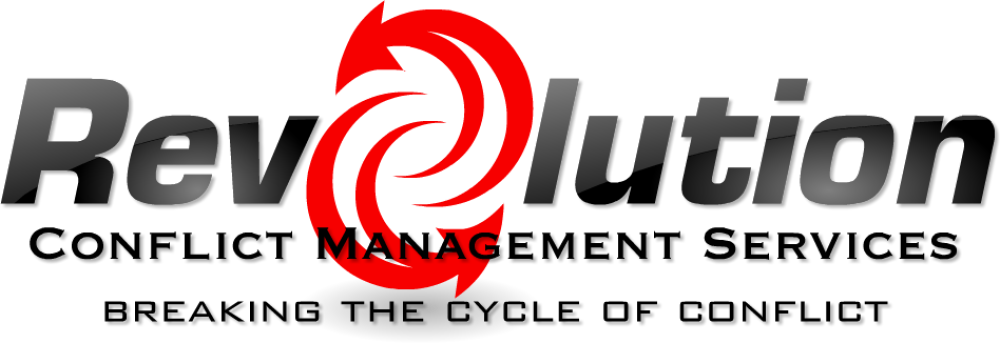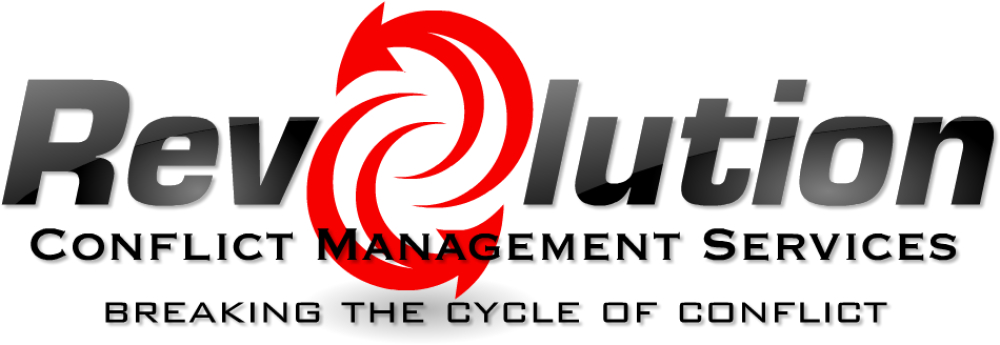For a conflict between two or more people to exist in the first place, there must be the perception that at least one party is in a position to lose something, or has already lost something as a result of the actions of the other party. Conflicts involve both the observable issues, positions and needs, and the emotions underlying these factors and driving behaviour.
Conflict Settlement
When a conflict is “settled”, what has happened is that a solution to the observable factors has either been agreed upon by the parties in dispute, or has been imposed on them by a third-party authority. A settlement can, but does not have to take into account the underlying emotions and needs of the parties.
Settlements tell everyone what is going to happen, but does not necessarily lead to either party feeling better about the other person. Often, bad blood continues between them, which can lead to further conflict down the road.
Conflict Resolution
When a conflict is resolved, all parties in the dispute have heard and understood each other, and have taken steps that reduce or eliminate the threat that sparked the conflict in the first place. When a conflict is resolved, both sides feel better about each other, and the negative feelings no longer exist.
Conclusion
Settlements are what usually happen, especially in a workplace setting, because they are easier to come to. However, if they fail to account for the underlying emotions involved, those involved will continue to respond negatively to each other, and their behaviour towards each other will be driven by mistrust, fear and anger.
Resolutions are what we should be seeking. They’re harder to achieve, but the long-term benefits for everyone make it well worth the effort.
You can increase the likelihood of reaching resolutions over settlements by enlisting the services of a professional mediator and/or conflict management coach. Please contact me if you are interested in exploring these option further.


